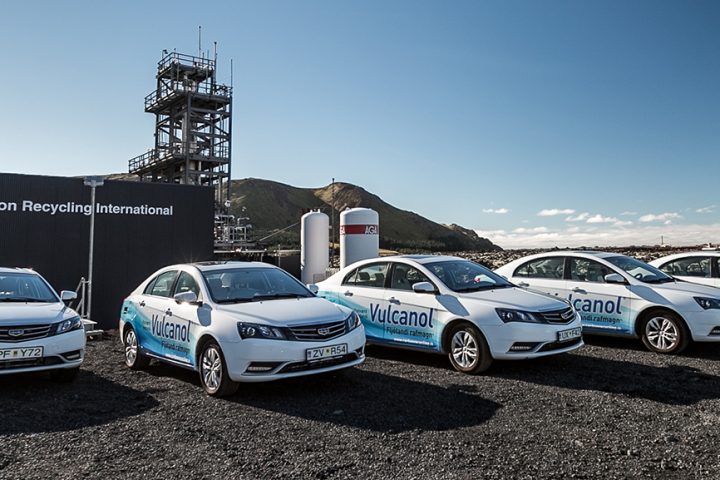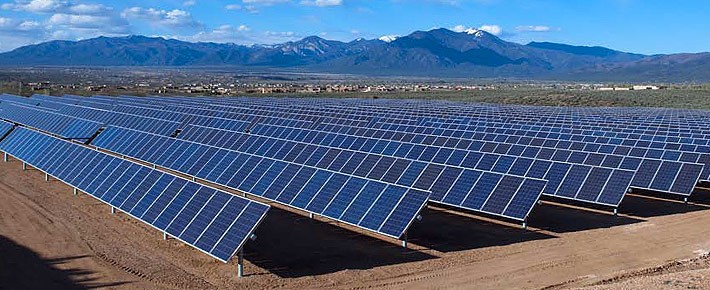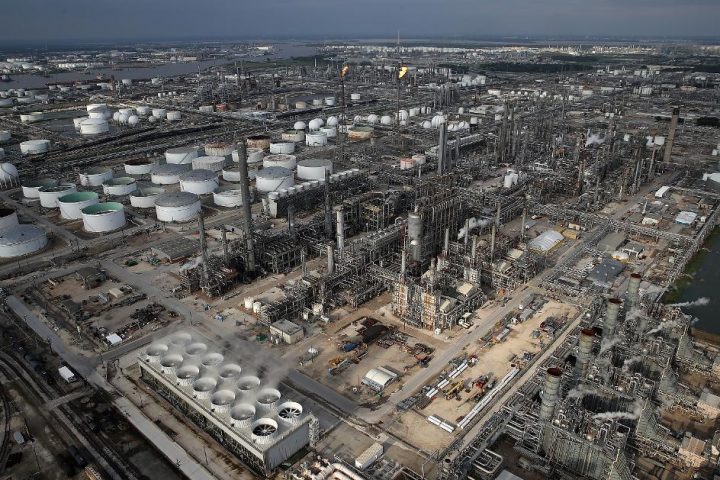During the advanced biofuel craze of the past decade, many companies made claims that weren’t remotely credible. A long list of companies claimed they could economically convert biomass like straw or wood chips into fuel for around […]
Fact Checking Bernie Sanders On Geothermal Energy

A recent video shared by Bernie Sanders grossly understates the importance of the U.S. role in geothermal power production.
How A Technology From Iceland Is Fighting Climate Change

A small company in Iceland has developed innovative technology to convert cheap power and carbon dioxide into fuel.
The Winners And Losers Of Q3

Over the past six months, the energy sector has outperformed the S&P 500. Here were the biggest winners (and losers) from Q3.
High Oil Prices Don’t Constitute An Emergency

Saudi Arabia claims spare oil production capacity, but those claims may be tested as sanctions start to impact Iran’s oil exports.
Yes, We Can Make Fuel From Thin Air

Nature has converted solar power into stored energy for millions of years. Today, scientists are seeking to create artificial variations of this process. But there is a catch.
Deadly Dangers Lurk In Natural Gas Distribution Lines
A deadly gas explosion in Massachusetts underscores a hidden danger in the nation’s gas distribution system.
How Long Will Natural Gas Be A Bridge Fuel?

In a previous article, I addressed the fact that natural gas is serving as an important bridge fuel as coal is phased out. Today, I estimate how long that bridge might last.
In Defense Of Refiners

A recent headline generated outrage when it declared the Big Oil was asking the government for protection from climate change. The truth is more complicated.
Natural Gas Is Already A Bridge Fuel
Those who wish to debate whether natural gas should be a bridge between a coal-fired past and a renewable future are missing the point. It is already serving as that bridge.